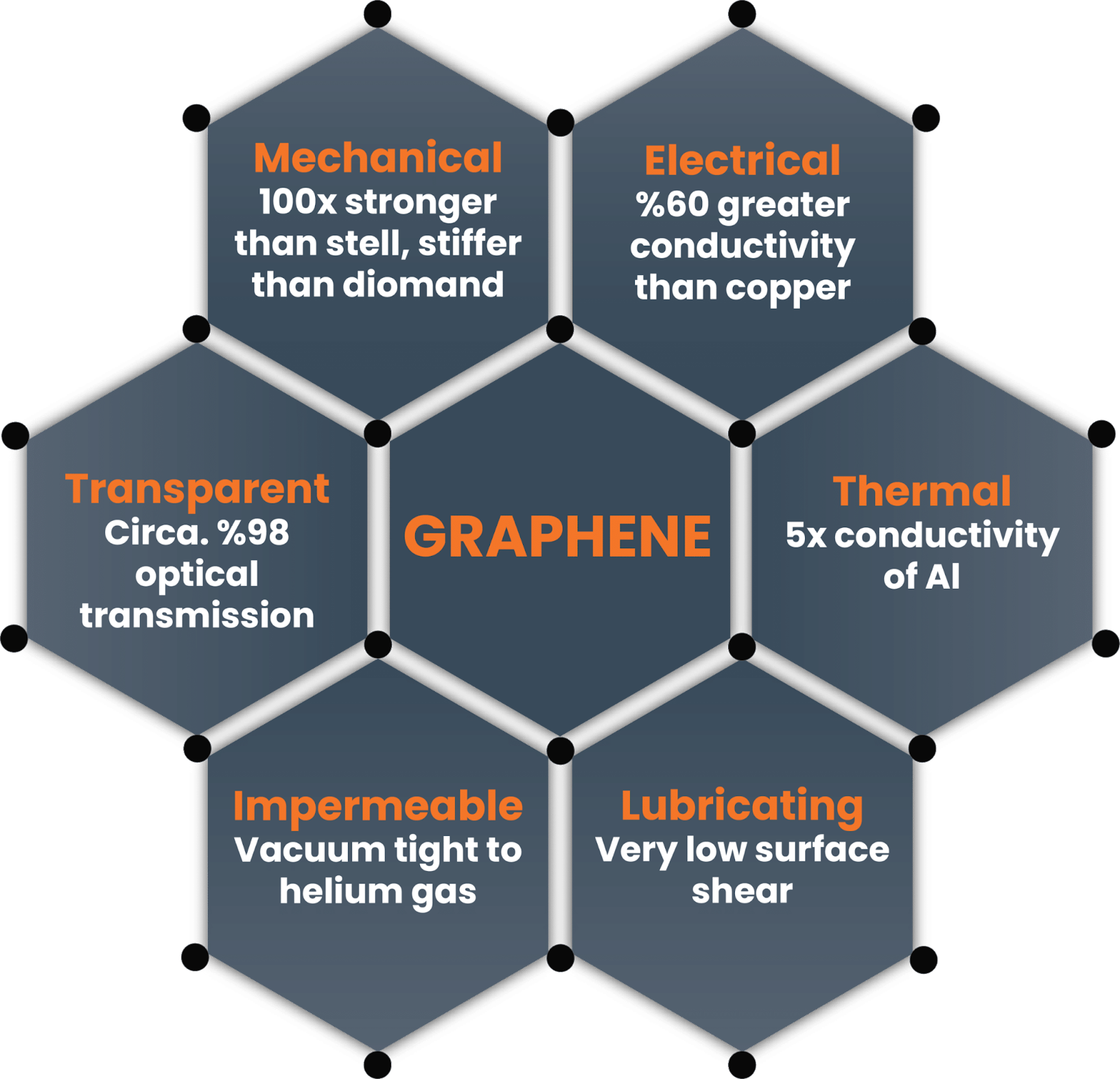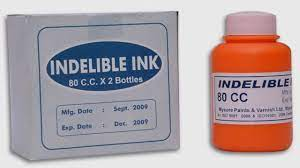Rapid Fire
Rapid Fire Current Affairs
- 15 Apr 2023
- 6 min read
GI Tag for Cumbum Grapes
Tamil Nadu’s famous Cumbum Panneer Thratchai, also known as Cumbum grapes recently earned the Geographical Indication (GI) tag.
The Cumbum Valley located at the Western Ghats in Tamil Nadu is known as the ‘Grapes City of South India’ and cultivates the Panneer Thratchai. This variety, also known as Muscat Hamburg, is popular for its quick growth and early maturity, ensuring that the crop is available in the market almost throughout the year.
The Panneer grapes were first introduced in Tamil Nadu by a French priest in 1832 and are rich in vitamins, tartaric acid and antioxidants and reduce the risk of some chronic diseases. They are also known for a superior taste apart from the purplish brown-colour.
A GI is a sign used on products that have a specific geographical origin and possess qualities or a reputation that are due to that origin. The Geographical Indications of Goods (Registration and Protection) Act, 1999 seeks to provide for the registration and better protection of geographical indications relating to goods in India. It is governed and directed by the WTO Agreement on TRIPS.
Read More: GI Tag
Quality Control Orders
Recently, the Ministry of Textiles announced two Quality Control Orders (QCOs) for 31 items, comprising geo-textiles and protective textiles, following the due process of notification of technical regulations. As per the Ministry, these orders mark the first technical regulation from India for the technical textiles industry.
Geo-textiles are used for infrastructure projects and environmental applications while protective textiles are used to protect human life from hazardous and adverse working conditions.
QCOs will ensure the standard and quality of Technical Textiles and encourage the growth of this industry in India in producing quality products at competitive pricing.
The QCOs will come into force 180 days after the date of its publication in the Official Gazette. The conformity assessment requirements specified in these QCOs are equally applicable to domestic manufacturers as well as foreign manufacturers who intend to export their products to India.
Read More: National Technical Textiles Mission (NTTM), India’s Textile Sector
Graphene and Magnetoresistance
Another property of graphene has been discovered by UK researchers. At room temperature, it exhibits an anomalous giant magnetoresistance (GMR).
The GMR phenomenon occurs when adjacent magnetic fields influence the electrical resistance of a conductor. It is used in hard disk drives and magnetoresistive RAM in computers, biosensors, automotive sensors, microelectromechanical systems, and medical imagers. GMR-based devices are particularly used to sense magnetic fields.
The new study has found that Graphene-based devices do not require very low temperatures in order to sense these fields, in contrast to their conventional ferromagnetic counterparts.
Graphene is a one-atom-thick layer of carbon atoms arranged in a hexagonal lattice. It is the building-block of Graphite. It is the thinnest, most electrically and thermally conductive material in the world, while also being flexible, transparent and incredibly strong. Graphene is also known as a wonder material due to its vast potential in the energy and medical world.
Read More: India’s First Graphene Innovation Centre
Indelible Ink
As Karnataka prepares for Assembly elections, Mysore Paints & Varnish Ltd. in Mysuru is again in news as the latter is the only company authorised to produce the indelible ink used in general elections in India.
The Maharaja of Mysore Nalwadi Krishnaraja Wodeyar established the factory in 1937 to provide employment for people and for utilisation of natural resources from the forests nearby. In 1962, it was selected to manufacture indelible ink, which was first used in the country’s third general election. From then till now, the company has supplied the ink for every election across India. It has also exported ink to other countries. The unit was converted into a public limited company in 1947, as one of the important public sector companies of Karnataka.
Indelible ink, which is also known as the 'voter's ink' ensures that no eligible voter votes twice in an election and hence plays a key role in avoiding fraudulent and multiple voting.
Read More: Free and Fair Elections







